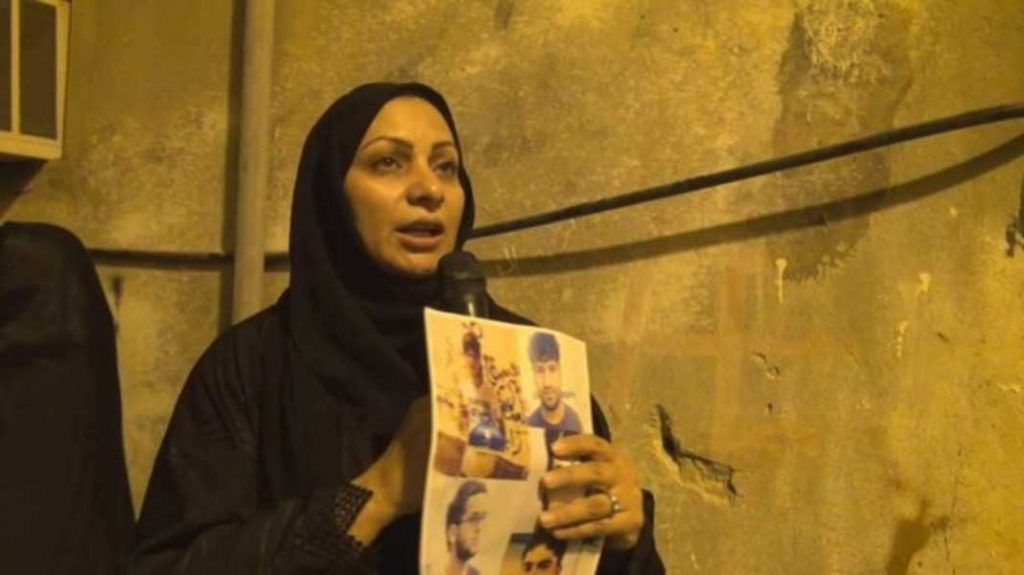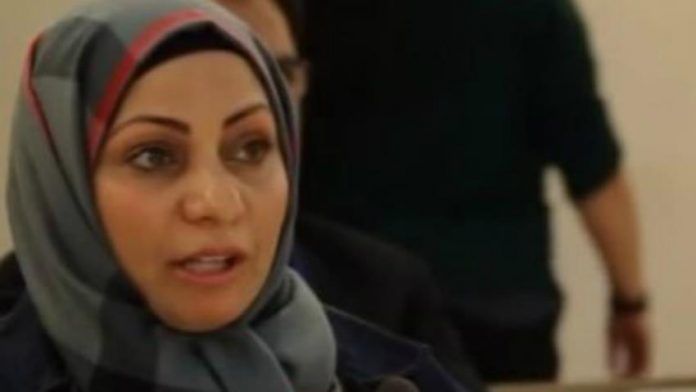June 1, 2017 DUBAI (Reuters) – Bahrain should investigate claims by a human rights activist who says she was tortured and sexually assaulted while in detention last week, Amnesty International said on Thursday.
Bahraini authorities did not immediately comment on the case of Ebtisam al-Saegh who told Amnesty she was held for seven hours at the National Security Agency (NSA) in Muharraq, northeast of the capital, Manama.

Western-allied Bahrain, where the U.S. Fifth Fleet is based, has stepped up a crackdown on critics, shutting down two main political groups, revoking the citizenship of the spiritual leader of the Shi’ite community and jailing rights campaigners.
Amnesty said Saegh reported being blindfolded immediately after she reported to the NSA compound and described “the torture including the sexual assault she was subjected to for around seven hours” last Friday at the NSA building.
“They beat me on my nose and they kicked me in the stomach, knowing that I had undergone surgery on my nose and that I was suffering from my colon,” she told Amnesty. “I could hear an electric device next to me, which was to scare me. I was made to stand up for most of the time.”
Bahrain denies abusing detainees and has installed cameras at interrogation centres as added measures against potential abuse.
The kingdom has been a flashpoint since protests in 2011 during the “Arab Spring” uprisings across the region, were put down by the Sunni-led government with the help of neighbouring Gulf Arab states.
Last year authorities banned the main Shi’ite Muslim opposition group, al-Wefaq, and on Wednesday a court ordered the dissolution of the main secular opposition group Waad.
Bahrain’s government denies any systematic rights abuses and accuses the opposition of seeking its violent overthrow with support from Iran.
Saegh told Amnesty she was questioned about events in Diraz village on May 23 when security forces raided the home of a Shi’ite spiritual leader and opened fire on demonstrators.
They asked her about other human rights campaigners she knew, and about her participation at the U.N. Human rights Council in Geneva last March, where she spoke about human rights violations, Amnesty said.
“The state must end all forms of reprisals it is currently using against human rights defenders and government critics, targeted solely for the peaceful exercise of their freedom of expression,” Amnesty said.


